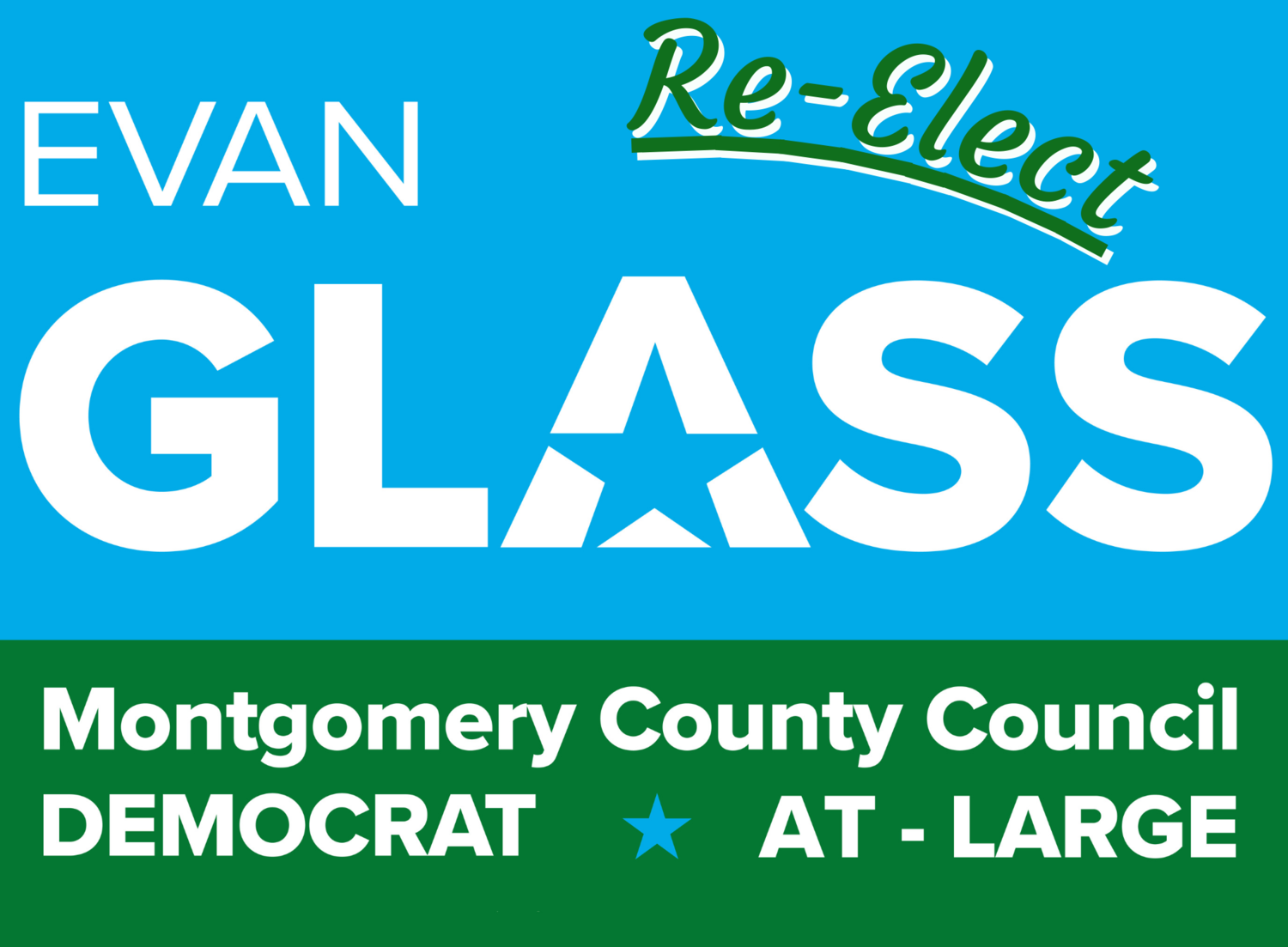Opinion: As the area rebuilds its post-pandemic community, free bus service should lead the way
By Evan Glass
The D.C. region is struggling with a Metro system that is experiencing reduced ridership as the result of pandemic-related workplace changes and a series of safety problems that have affected rider confidence. But often overlooked in our conversations about public transportation is the fact that our regional buses continue operating and performing better than Metrorail. Our robust bus network is proving to be more important than ever.
Buses are a lifeline for tens of thousands of our residents, especially low-income and immigrant communities. If you step into one of Montgomery County’s Ride On buses, you’ll see a grandmother holding her grandchild’s hand, students listening to podcasts on their way to Montgomery College and struggling workers getting to their second jobs.
The pandemic highlighted the inequities that we already knew existed in our community. Many of our lowest-income residents also serve as front-line workers who risk their safety by keeping our shelves stocked, our health-care clinics open and our facilities clean and operating. These hard-working individuals do not have the option to work remotely, and many are reliant on our buses to get to work every day.
Many local jurisdictions, including D.C. and Montgomery County, and transit agencies, including the Washington Metropolitan Area Transit Authority, provided free bus fare for some or all of the past 19 months to protect the health of operators by minimizing interactions with riders. As we look toward a post-pandemic future, we should maintain our current policy of having fare-free buses.
If you sit on any bus and look outside the window, you’ll see single-occupant vehicles passing by. With a majority of Ride On users having a household income of just $35,000, far below the county’s median household income of $108,000, our roadways have become the best example of the economic disparities in society.
By eliminating fares, low-income bus riders — many of whom take the bus more than a dozen times per week — could save more than $1,200 a year. This is money that could be used to pay rent, put food on the table and pay for child care.
We know that when we improve access to ridership, more people will get on board. In my first year on the Montgomery County Council, I led the initiative to fully expand free bus service for all youths. That effort, Kids Ride Free, was an immediate success and increased youth ridership by more than 50 percent within the first three months. I’ve had countless students happily share with me their newfound ability to accept an internship, go to the library or just hang out with their friends because of the free fares.
As we work toward rebuilding a more fair and equitable economy, we must rethink how we provide support to our most vulnerable residents.
The best way to help individuals who most need it is by meeting them where they are: at the bus stop. Providing free fares will open the door to greater economic opportunity — free buses provide access to jobs, shopping, health care and many other services.
Beyond the economic benefits, the environmental benefits of fare-free service are significant. Montgomery County’s Department of Transportation has estimated that switching to a fare-free system could boost ridership by 15 percent and reduce vehicle miles traveled by 7 million miles annually, greatly reducing carbon emissions. This climate-conscious approach will generate even greater benefits as we transition our bus fleet to all-electric vehicles.
With cities and counties around the country trying to encourage a return to transit, we need to keep in mind the people who most benefit from it — our front-line workers, our students and those who can’t afford to own a car. As we rebuild our post-pandemic community, free bus service should be leading the way.
